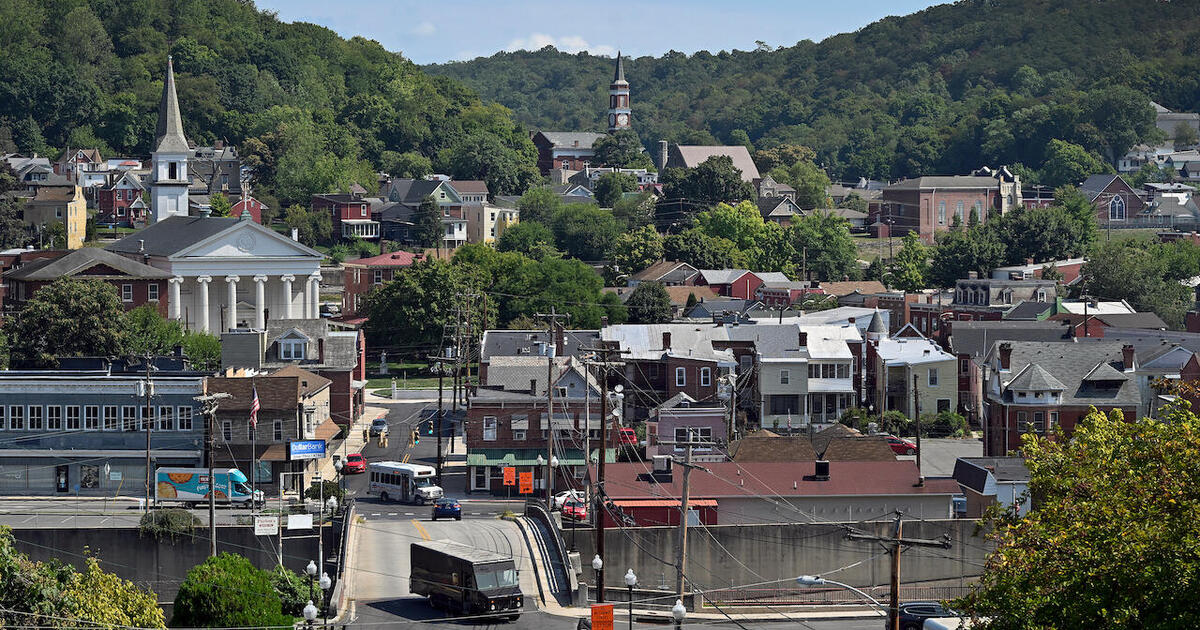Cash Splash: How One Maryland City Is Luring Tech Nomads with a Jaw-Dropping Relocation Bonus

In a creative bid to revitalize its community, Cumberland, Maryland, has joined a growing trend of cities offering financial incentives to attract new residents. As part of an innovative wave of urban renewal, the city is one of over 70 locations nationwide that have implemented relocation programs designed to draw fresh talent and energy to their communities.
These innovative initiatives aim to combat population decline and inject new life into areas seeking economic and demographic revitalization. By offering monetary incentives, cities like Cumberland are providing compelling reasons for remote workers, entrepreneurs, and professionals to consider making a significant geographical change.
The program reflects a broader national strategy of reimagining urban development, where municipalities are thinking outside traditional economic development models to attract dynamic, mobile professionals who can work from virtually anywhere in the modern digital landscape.

